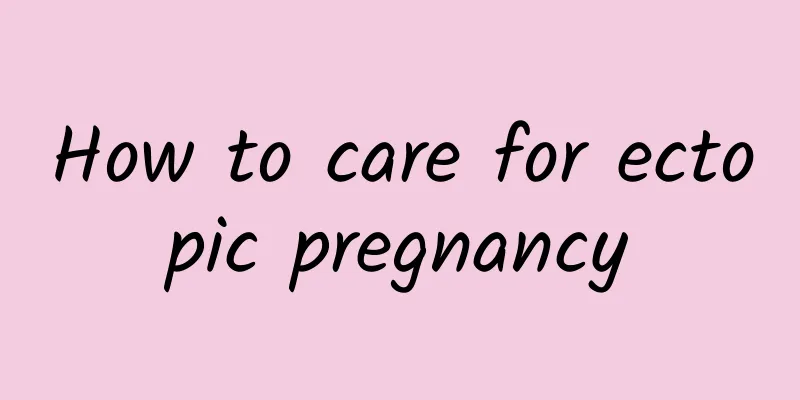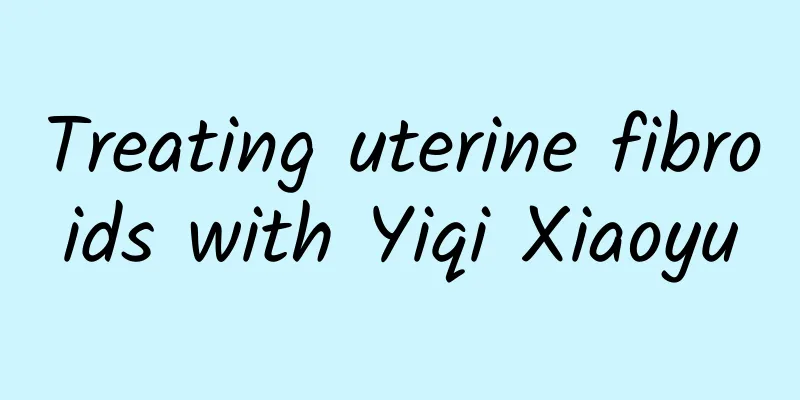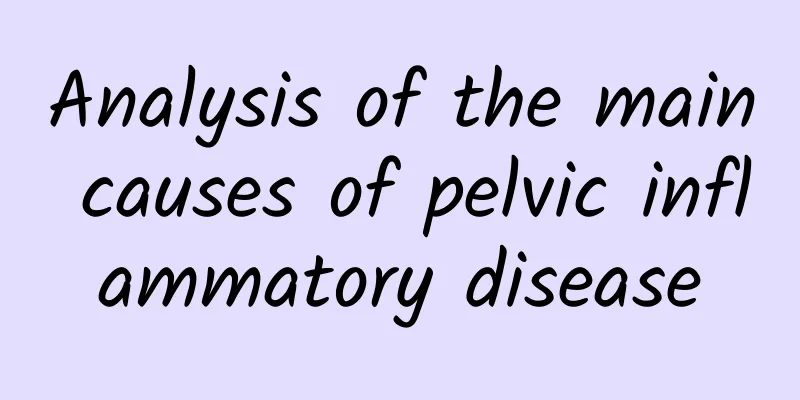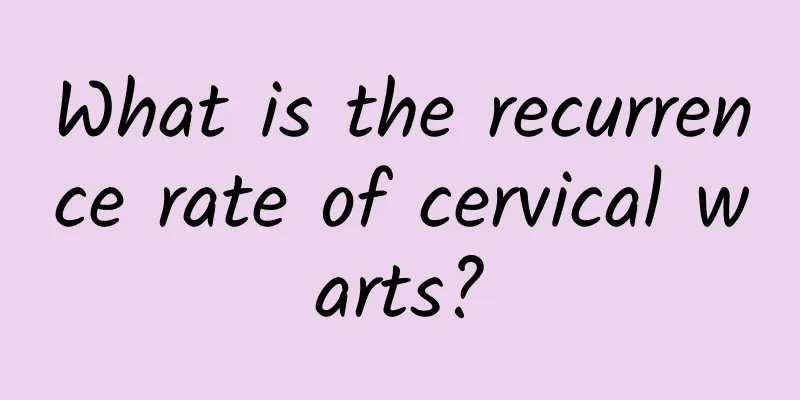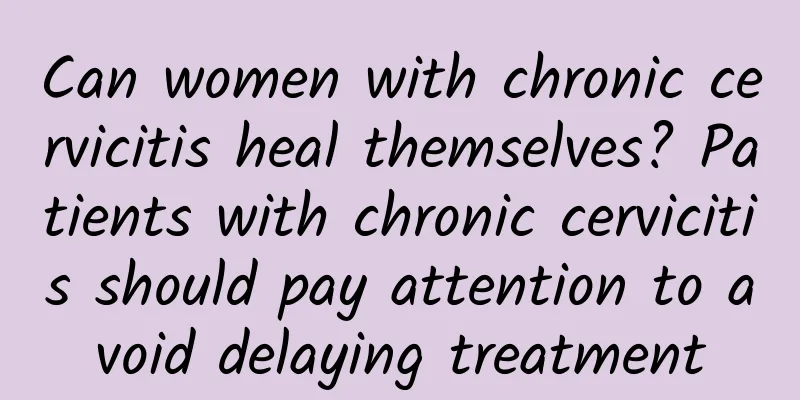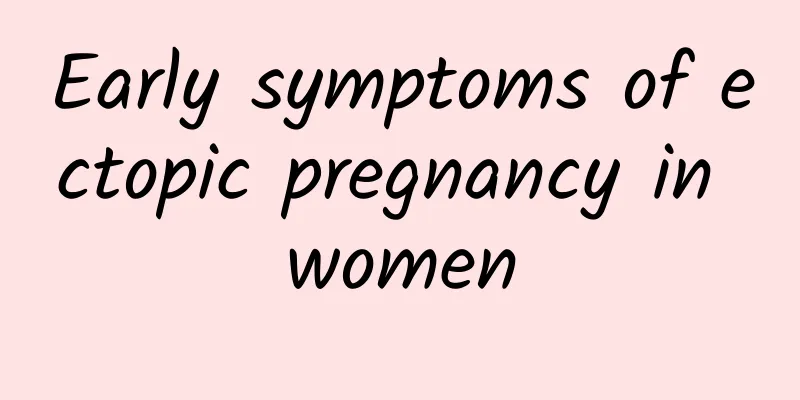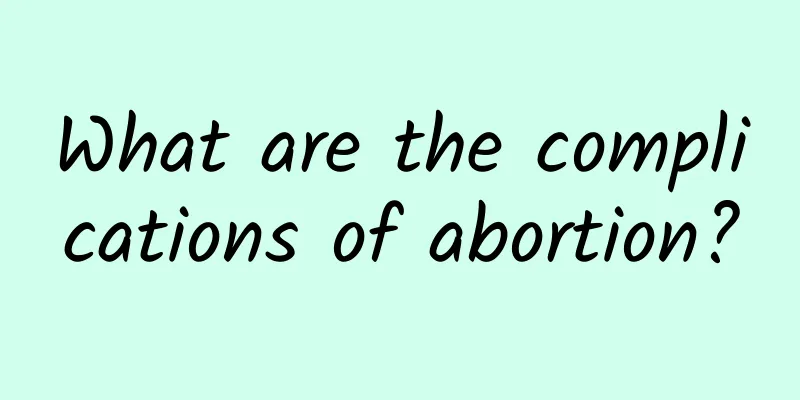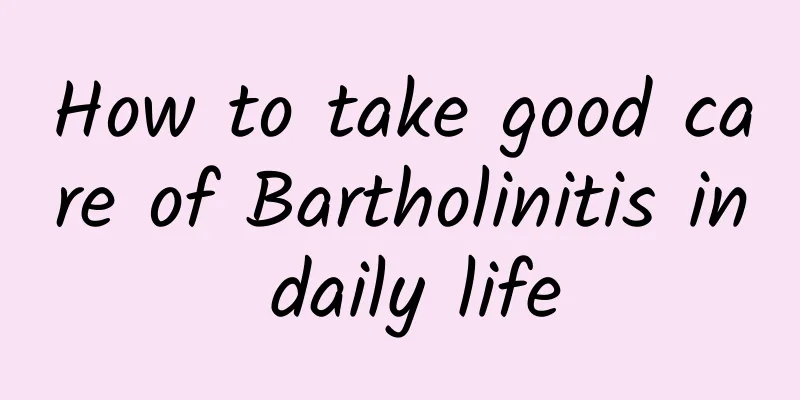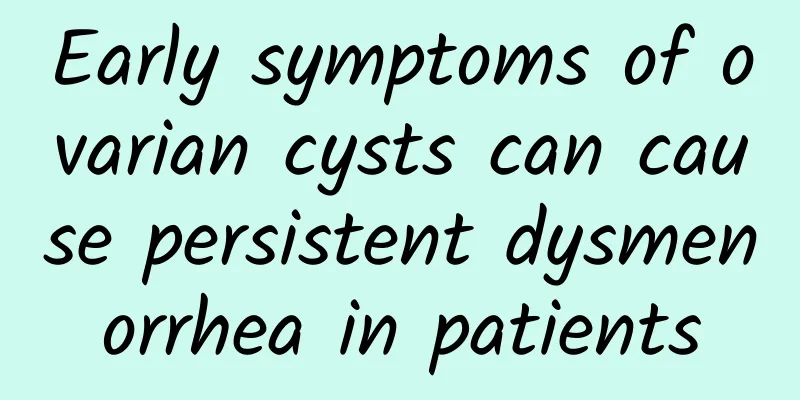What to eat after removing uterine fibroids? What to eat after removing uterine fibroids?
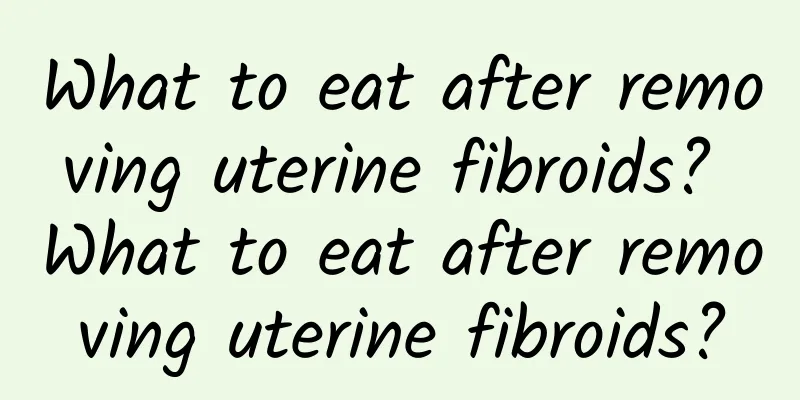
|
What is the best thing to eat after removing uterine fibroids? How should I supplement my diet after uterine fibroid removal? This is a question that many female friends often ask after surgery. Here are some relevant dietary suggestions for you, I hope it will be helpful. 1. High-fiber foods The formation of uterine fibroids is closely related to hormone levels and diet. Excessive intake of saturated fat and red meat in the diet will increase the risk of uterine fibroids. Therefore, high-fiber foods such as grains, vegetables, fruits and whole-wheat foods should be consumed in the diet after surgery. These foods not only provide nutrition, but also help the body detoxify and regulate endocrine. 2. Foods rich in vitamin C Vitamin C can promote the body's immunity and wound healing. In the postoperative diet, it is recommended to eat more foods rich in vitamin C, such as lemons, oranges, strawberries, kiwis and other fruits and green leafy vegetables. They can not only provide vitamin C, but also provide other important nutrients. 3. Eat enough protein The body needs new cells and tissues to heal after surgery, and protein is a key nutrient necessary for building and repairing tissues. Therefore, your diet should include enough protein after surgery. You can choose to eat protein-rich foods such as beans, chicken, fish, poultry, and eggs. At the same time, pay attention to controlling your fat and calorie intake to avoid over-consuming energy in the body. 4. Supplement iron Anemia may occur after surgery, and sufficient iron supplementation is needed. Adequate iron intake helps promote the synthesis of hemoglobin and improve the oxygenation capacity of the blood. This can be supplemented by eating iron-rich foods such as lean meat, beans, green leafy vegetables and fruits. 5. Diet adjustment The body needs to rest and recover after surgery, and diet is also very important. Avoid spicy, greasy and overheated food to avoid harm to the body after surgery. Try to choose light and easily digestible food, such as millet porridge, mung bean soup, vegetable soup, etc. At the same time, arrange the diet reasonably, keep regular and quantitative, and avoid oversaturation and overeating. In this article, we list some dietary recommendations for post-hysterectomy. Of course, individual situations vary, and it is recommended that you adjust your diet after surgery based on your own situation and the guidance of your doctor. I wish you all a speedy recovery! |
>>: What is uterine fibroids? How to treat uterine fibroids? Causes and treatment methods
Recommend
How to reduce the incidence of ectopic pregnancy?
How to reduce the incidence of ectopic pregnancy?...
Is it normal to have stomach pain and miss your period? It is usually not normal
If you have abdominal pain but no menstruation, i...
Will pelvic effusion recur after it is cured?
I had a history of pelvic effusion many years ago...
Study: Drinking pomegranate juice can reduce appetite by 20%
Do you still feel hungry no matter how much you e...
What are the symptoms of uterine fibroids? Can uterine fibroids cause irregular menstruation?
People have some different opinions about uterine...
What sequelae will abortion bring to female friends?
Many female friends will choose abortion when the...
What are the symptoms and treatment of adenomyosis?
Adenomyosis is a disease caused by the invasion o...
How many types of hemostatic drugs are there for treating functional uterine bleeding?
Dysfunctional uterine bleeding is mainly manifest...
What are the symptoms of vaginitis?
Vaginitis is a common gynecological infectious di...
What is the most effective medicine for adenomyosis?
What medicine is most effective for adenomyosis? ...
Supermodel Akemi wears slimming pants to lose weight and suffers from skin rash and allergies
In order to maintain their good figures, many fem...
What are the dietary therapies for patients with uterine fibroids?
What are the dietary therapies for patients with ...
What causes ovarian cysts?
What causes ovarian cysts? Are there any causes? ...
Can eating a lot of meat really help you lose weight? Be careful or you may lose your health and bring more hidden worries!
A few days ago, I attended a relative's weddi...
Can women with chronic cervicitis get pregnant? There are four common types of damage caused by cervicitis in women.
Cervicitis is a common gynecological disease. Mos...
